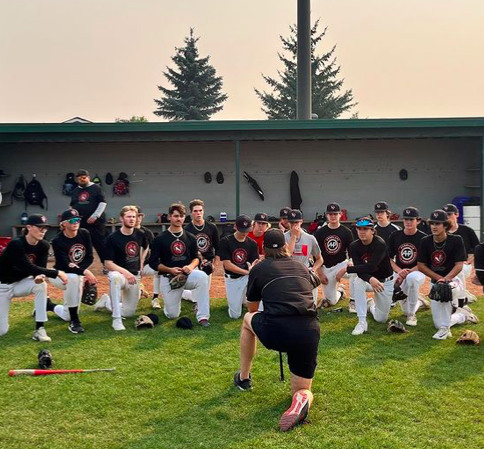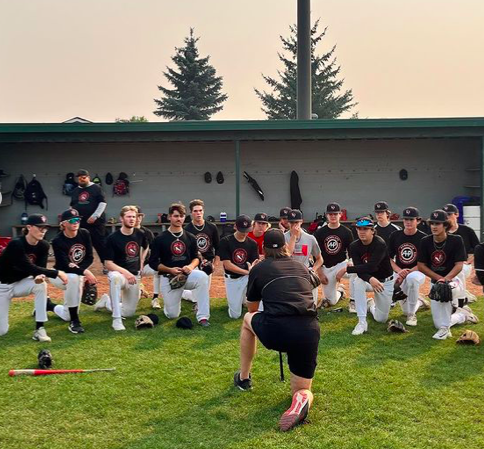Coaching Strategies: Why You Should Prioritize a Broad Skillset

Today I want to outline four major reasons it's important for a coach (whether it's on the skill side or fitness side) to diversify their skillset in order to succeed in their career.
1) In order to be a great specialist, you need to be a great generalist first.
I have a friend who's entering his fourth year of medical school. There's a reason they start with broad course work and a variety of clinical rotations. Doctors need to spend a long time acquiring a broad skillset to then be able to identify where they are skilled enough to select a specific area.
The same formula can, and should, be applied to the coaching/fitness profession.
If you haven't learned how to coach and program for a broad group of clients/athletes, you'll be ill equipped to narrow your focus appropriately and effectively for a specific population when need be.
"You can't break the rules until you know the rules."
2) Allows you to solve problems more effectively!
Let's set about defining a generalist: A coach who is competent in multiple domains, understanding that athletic performance is extremely complex
The generalist strives to gain information and knowledge in as broad a scope as possible pertaining to sport
Having a broad scope of knowledge allows you to draw lessons from different areas and apply them effectively. Essentially, it allows you to scan broadly and apply precisely.
A personal example is the decade I've worked with elite throwers has allowed me to better serve my now growing hockey population (where different shoulder issues are quite prevalent as well).
The greater the number of athletes you work with allows you to build up a deeper and broader reservoir of knowledge from past experience. The bigger and more diverse your well is, the more prepared you can be to serve each specific athlete you encounter moving forward.
3) "Passion" is malleable and can change over time.
What we know about passion and work is, for the most part, incorrect. Cal Newport did an awesome job discussing this in his book, 'So Good They Can't Ignore You.'

He demonstrates in multiple ways that passion is oftentimes actually a side effect of mastery.
With this in mind, it stands to reason that it would be valuable not only for your career success, but also your future happiness to be open to developing skills in multiple domains.
You never know exactly what you could end up being great at (and love) doing down the road. You don't want to pigeonhole yourself too early.
4) Versatility Is a Huge Asset
Let's say you want to work in professional baseball as a pitching coach. All else being equal, being fluent in Spanish and being highly proficient with technology could be a separator in being hired.
Similarly, when I'm looking at hiring someone, unique and/or multiple skillsets is certainly going to make a resume stand out and offer a greater chance to be hired.

There are many different ways to find success in the career path of coaching, and this isn't the only successful strategy. However, having a diverse skillset certainly would never be a weakness and you may never know when different skills you acquire could become useful down the road.
